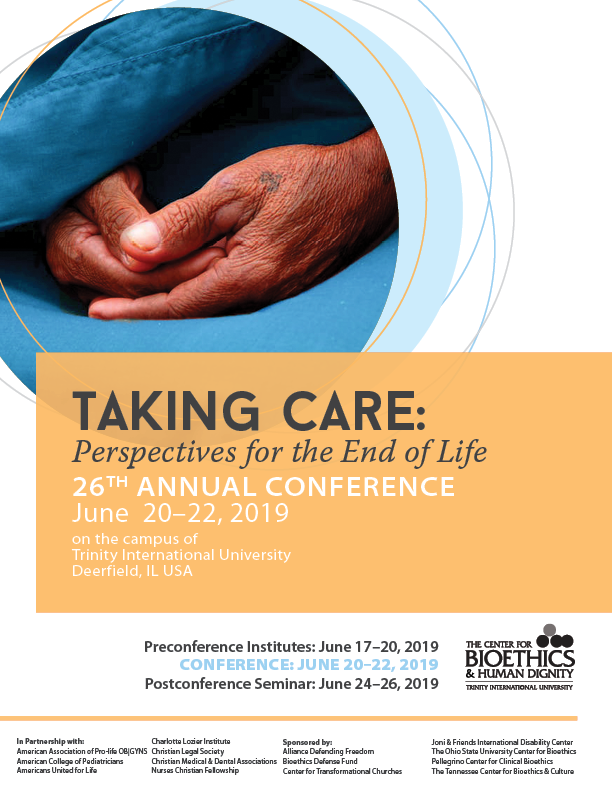
In the recent boom in biotechnologies over the last few years, one tool stands out with arguably the most potential to shape what it means to be a human person. CRISPR-Cas9 is a genomic editing system that has allowed scientists and researchers—cheaply, easily, and precisely—to “copy and paste” DNA from one source to another. With the raw potential of this biotechnology to allow manipulation of virtually any genetic trait comes the need for a rigorous and multidisciplinary debate regarding how it should be used responsibly in today’s society. One of the most significant implications that deserves ethical consideration is the use of CRISPR-Cas9 as an agent to edit the germline of human embryos. This paper will develop a Christian response to the secular notion that it is permissible to alter the germline of the human genome. Concerns regarding use of CRISPR-associated germline editing for enhancement purposes notwithstanding, the social and ethical implications of therapeutic genomic editing of the germline will be considered. Arguments will be presented to support the premise that germline editing is a violation of the autonomy and consent of future generations. Furthermore, its uncontrolled use could lead down a slippery slope to a new eugenics. The prospective scope and power of the CRISPR-Cas9 technique enhances the urgency for a thorough assessment of potential negative consequences and strategies for safeguarding against them.